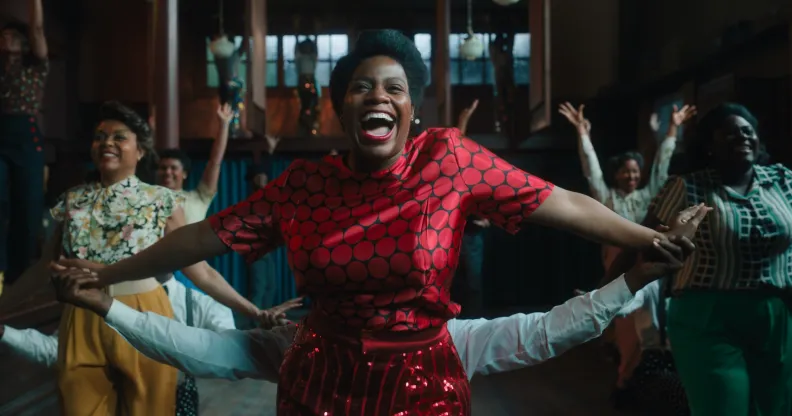In a revealing critique of the various adaptations of “The Color Purple,” Aunjanue Ellis-Taylor, who stars in the latest rendition, boldly addresses the consistent erasure of the narrative’s central lesbian relationship. The novel, penned by Alice Walker in 1982, is celebrated not just for its literary brilliance but also for its unflinching portrayal of the lives of Black lesbians in early 20th century America. Despite this, Ellis-Taylor argues that the film adaptations, including the most recent 2023 musical version, have diluted this focus, sidelining the story’s queer core in favor of a more sanitized portrayal of sisterhood and resilience against racial and gender oppression.
A Legacy Diminished
Walker’s intention with “The Color Purple” was to shine a light on the complexities of women-loving women, within a recognizable and relatable framework. This was not just a creative choice but a personal one, aiming to reflect a spectrum of sexual identities and relationships. However, Ellis-Taylor laments that the adaptations have shied away from these themes, opting instead for a narrative that glosses over the novel’s queer affirmations. The star’s disappointment is palpable as she discusses the missed opportunities for genuine representation, accusing the filmmakers of sanitizing and suppressing the novel’s true essence.
The Call for Authentic Representation
The critique goes beyond mere disappointment. Ellis-Taylor’s commentary is a call to action for filmmakers and storytellers to honor the original works’ intentions and the realities of the characters they portray. The need for Black women and queer Black women’s involvement in the storytelling process is emphasized as essential to capturing the novel’s spirit and significance. The actress’s call is not just for fidelity to the source material but for bravery in storytelling that respects and reflects the diversity of human experience, especially in narratives as rich and complex as “The Color Purple.”

